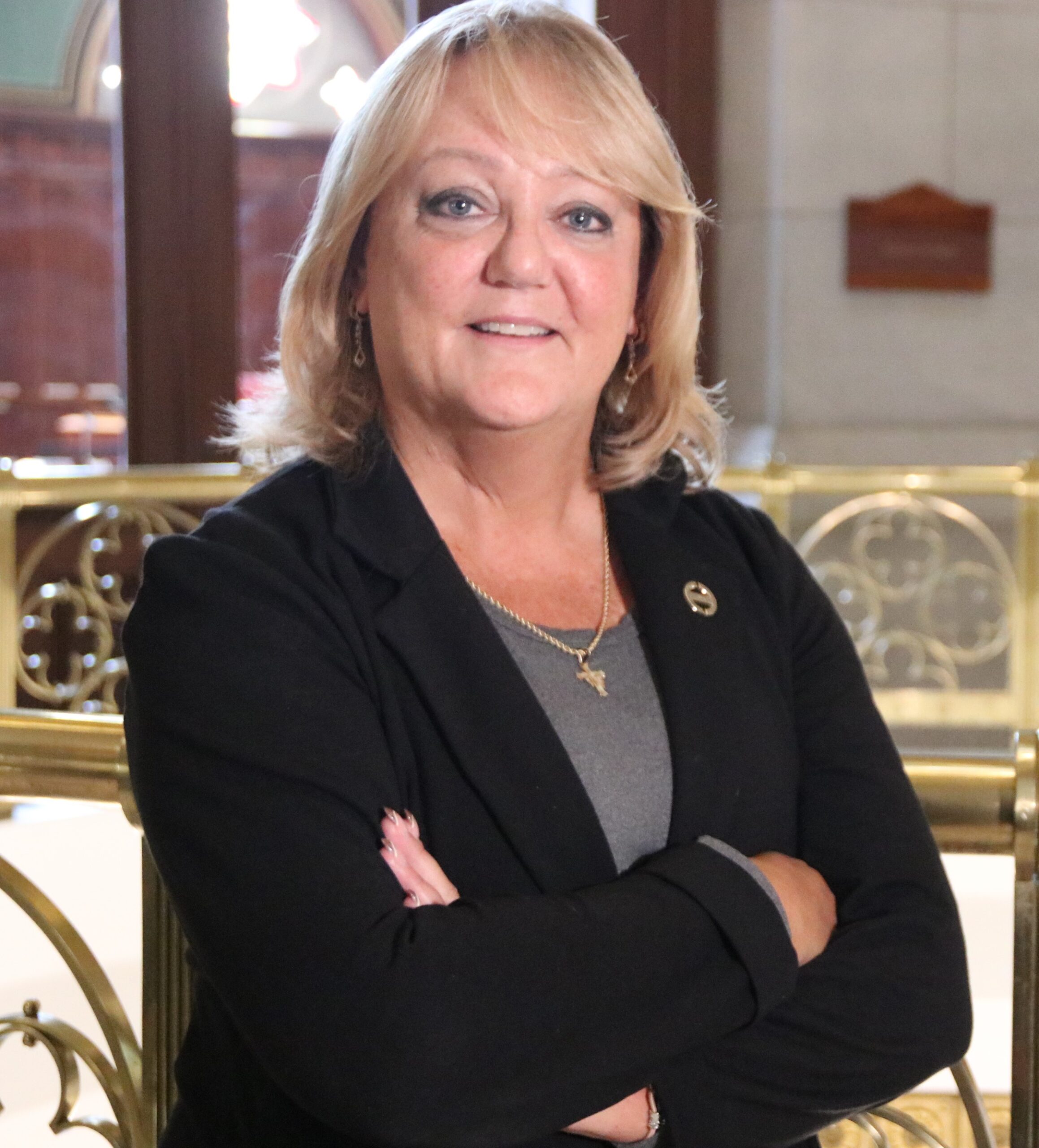Senator Hochadel Leads Passage of Bill Protecting Future Rights Of Residents In Connecticut Nursing Homes
Today, state Senator Jan Hochadel (D-Meriden), Senate Chair of the Aging Committee, led state Senate passage of two bills that will increase communication efforts in nursing homes between patient, families, and caretakers.
Senate Bill 930, ‘An Act Requiring Notice Of A Proposed Involuntary Transfer Or Discharge Of A Nursing Facility Resident To The State Ombudsman,” will give a voice to those who reside in long-term care facilities.
“I have seen first-hand the amount of distress having a loved one in a nursing home can place upon a a family,” said Senator Hochadel. “As Chair of the Aging Committee, I am proud to be an advocate and fight for legislation that will improve the quality of life for our residents in long term care facilities. Everybody deserves for their voice to be heard especially when it directly impacts their quality of care.”
SB 930 will require nursing homes to notify the long-term care ombudsman of a resident’s involuntarily transfer or discharge on the same day the nursing home notifies the resident. The ombudsman must prescribe how to provide the notification. Under the bill, nursing homes must also notify the ombudsman on the same date if the transfer or discharge is involuntary. If a nursing home fails to do so, the involuntary transfer or discharge is invalidated and cannot go forward.
The Ombudsman’s office is the agency that helps families navigate the long-term care system. They look out for the rights of residents that they represent. They must be informed of these important decisions. With notification to the State Ombudsperson on the same day notice is given to the residents, it will protect the rights of nursing home residents and ensure they have access to resources to advocate for themselves during the transfer or discharge process. This will help streamline the process and allow accountability.
SB 930 will also require managed residential communities that provide assisted living services to encourage and support the establishment of family councils. The councils are self-determined and advocate for residents’ needs and interests and facilitate open communication between the parties. A resident’s family member cannot participate in the council without the resident’s consent unless the resident is in a dementia special care center.
Family councils can play a crucial role in voicing concerns, requesting improvements, supporting new family members and residents, and supporting facility efforts to make care and life in the facility the best it can be. Family Councils not only work to support resident life but become a second family to the members who have similar shared experiences. Family councils can provide vital data, accounts of experiences, and knowledge of daily operations occurring in a facility.
Residents of long-term facilities should have the opportunity to advocate for themselves. They should be invited to participate in conversations about their own health, safety, and futures. They deserve the opportunity to discuss how policy proposals will impact their daily lives and to share their ideas for how policies can best meet their needs.
With support from the CT Statewide Family Council, this bill will offer a necessary policy change. While the right to a family council is afforded to all residents of long-term care facilities, there is a big gap when it comes to managed residential communities providing assisted living services. Recognizing family members as care partners in both long-term care and assisted living provides a vital connection for the resident, family members and facilities.
Share this page: